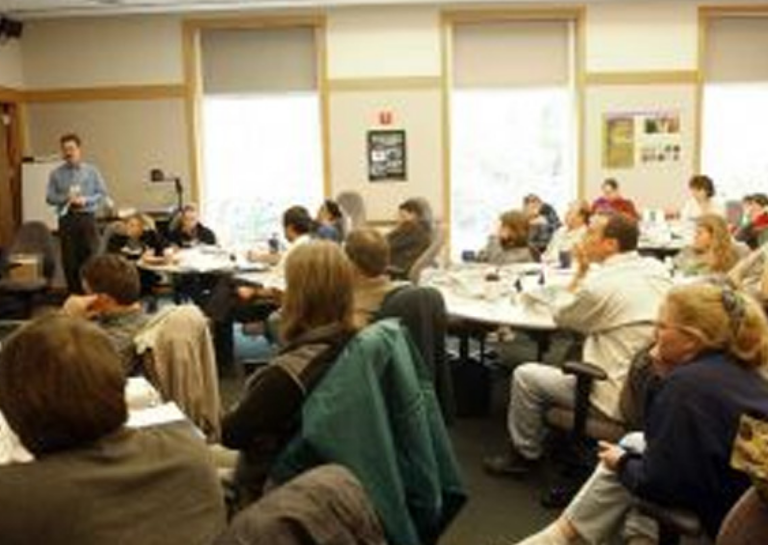Getting Trained for Your Next Career
Getting Trained for Your Next Career
Contributed by Alan Rohlfing
So, the time has come for you to move on…to leave active duty and either retire, fully separate, or join the National Guard & Reserve. When it comes to transition, sometimes we get to make that decision and sometimes that decision gets made for us. Either way, when facing a change in our ‘day job’, it’s only natural for those of us in the military community (our spouses included, of course) to want to be counted among those best qualified. Getting qualified may take some time and extra work, but just as the military trained us for our next rank or our next position, there are a variety of ways to get trained for the next chapter of your life in the private sector. Such as…
Non-Traditional Workforce Training. Many community colleges have programs that offer accelerated training courses designed to help participants become qualified for and quickly enter in-demand jobs. Programs like Workforce Solutions Group at St. Louis Community College (stlcc.edu/Accelerated) offer a variety of non-credit courses that provide concentrated opportunities to skill up – in anywhere from three to 23 weeks, depending on the program. A sampling of accelerated training opportunities at STLCC, for example, includes HVAC Operator, Environmental Remediation Tech, and Medical Assistant…be sure and check out accelerated options at educational institutions in your neck of the woods.
College. Whether you postponed your formal, post-high school education for a tour in the military or you’ve decided to go back for an advanced degree, your favorite college or university may be part of your plan. Not long ago, I wrote an article about one of our educational benefits available through the Department of Veterans Affairs that’s designed to complement the GI Bill. Established by the Post-9/11 Veterans Educational Assistance Act of 2008, the Yellow Ribbon Program allows colleges, universities, and other degree-granting schools in the United States to enter into an agreement with the VA to fund tuition and fee expenses that exceed the amounts payable under the Post-9/11 GI Bill. Essentially, the Yellow Ribbon Program helps make up the difference when the GI Bill just isn’t enough. Read the original post here….https://militaryconnection.com/blog/the-post-9-11-gi-bills-yellow-ribbon-program/.
Transition Training Programs. We’re also getting ready to publish a piece on programs to help Troops and their families in transition. A few of these programs include Troops to Teachers (https://proudtoserveagain.com…helps participants meet education and licensing requirements to teach and subsequently helps them secure a teaching position); Veterans to Farmers’ (www.veteranstofarmers.org… their mission is to train veterans in agricultural systems, technologies, and business operations for a fulfilling and sustainable lifestyle); Boots to Business (https://sbavets.force.com…an entrepreneurial education and training program that provides an overview of business ownership fundamentals); Soldiers to Sidelines (www.soldierstosidelines.org…works to place Soldier Coaches in local youth, high school or collegiate sports programs where they can connect to their communities and begin to inspire, motivate, and encourage young athletes); Troops to Trades (https://explorethetrades.org/troops-to-trades…started to honor the thousands of individuals transitioning into the civilian workforce by helping them find satisfying and successful careers in the trades); and Helmets to Hardhats (https://helmetstohardhats.org…connects National Guard, Reserve, retired and transitioning active duty military with skilled training and career opportunities in the construction industry).
Of course, that’s not an all-inclusive list of solutions that can help you get trained. To be sure, there are more programs out there for those looking to blaze a trail towards a new career. To find the best training fit for your station in life, and where you find yourself at your time of transition, you’ll probably have to do some homework. You’ll weigh your options, evaluate costs, and get some advice from people you know and trust. Just know that, as with most things in life, there are likely several right answers…and at some point, you’ll just have to make a decision. Embrace it, and then go kick butt.
Until next time…




















